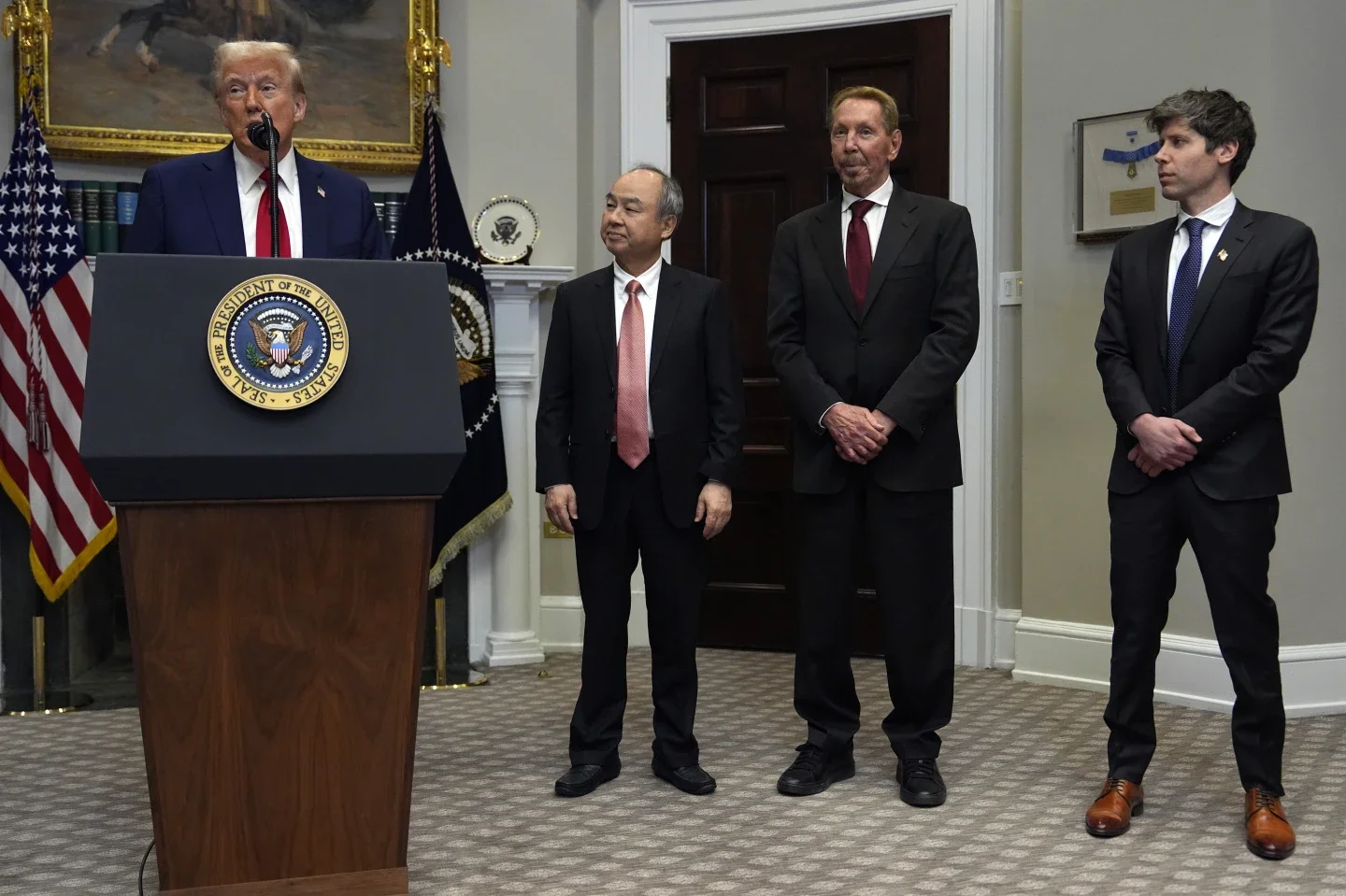Africa’s Strongman: What Burkina Faso’s Military Junta Means for Stability in the Sahel
The recent announcement by the Alliance of Sahel States (AES), comprising Mali, Niger, and Burkina Faso, to withdraw from the International Criminal Court (ICC) marks yet another assertion of their distancing from France and the West. In a joint statement issued on 22 September 2025, the AES leaders described the ICC as “an instrument of neocolonial oppression in the hands of imperialism” and declared their intention to “rely on endogenous mechanisms for the consolidation of peace and justice.” This decision comes in the wake of decision to withdraw from the Economic Community of West African States (ECOWAS) and further fractures the regional cooperative framework that once served as a stabilizing force.
All three AES states are currently led by military juntas that seized power following coups between 2020 and 2023. These leaders portray themselves as responding to years of ineffective international organisations, constant jihadist threats and promise to restore security and sovereignty in their regions. Among them, Ibrahim Traoré, the leader of Burkina Faso since 2022, has become a prominent figure and has positioned himself as the face of a ‘modern, anti-imperialist pan-African’ movement.
However, the turn toward military governance raises critical questions about the future of stability in the Sahel. With the rejection of traditional neocolonial stabilisers, the region now turns to military governments and alternative alliances as its ‘endogenous mechanisms’ of political security.
What does Traoré’s leadership mean for the future of democracy and security in the Sahel?
Burkina Faso is no stranger to revolutionary young leaders shouldering their way onto the global stage. In 1983, a coup placed Thomas Sankara in charge of the country. He brought social and political reform to the Burkinabè people and called for African liberation from neocolonial systems in his famous address to the UN General Assembly. Although he only remained in power for four years until his assassination in 1987, he has long been celebrated as a hero of the nation, and more recently, as an inspiration for Traoré’s anti-imperialist crusade.
Lauded as the ‘reincarnation’ of Sankara, Traoré’s youth and fervour have ignited praise from the public and politicians alike, throughout Africa and abroad. This comparison is highly advantageous for Traoré, and he eagerly encourages it while suppressing dissent and arresting critics. In addition to these domestic crackdowns on opposition, Russia has been fanning the flames of anti-French discourse and saturating the Sahel with disinformation campaigns aimed at promoting the juntas and demonising Western media outlets.
Despite his popular image, Traoré’s governance has been marked by significant repression. Under his rule, Burkina Faso has pursued a hard-line military campaign against Islamist insurgents, rejecting dialogue in favour of direct confrontation. Although the junta claims to have reclaimed territory, recent reports indicate that insurgents still control roughly 60% of the country’s land, and more than two million people have been displaced. These statistics counter the narrative of success pushed by the military government, undermining their primary justification for seizing power in the first place.
The nationalisation of Burkina Faso’s resources has been another step in Traoré’s move away from Western partnerships. The government has bought back two gold mines from London-listed Endeavour Mining, is constructing a gold refinery and establishing national gold reserves as a means of increasing economic self-reliance. With the price of gold hitting a record high of £2,985 per ounce, Burkina Faso’s decision to capitalise on the potential of the mining sector could legitimise Traoré’s leadership and inspire others in the Sahel.
Mali and Niger have faced similar security and economic challenges, and their decision to join forces with Burkina Faso to form the AES is indicative of their refusal to give in to ECOWAS intervention. While ECOWAS was initially formed to increase economic development through a single trade bloc, it also serves as a peacekeeping organisation and defender of democracy. The departure of the AES from the organisation demonstrates its dwindling power as an influential peacekeeping institution in West Africa. Beverly Chiong, a senior analyst at Control Risks, a global consultancy firm, argues that AES’s move ‘is probably the biggest loss for a regional institution’ and ‘is a complete failure of all the steps that could have been taken much earlier.’ As a result, ECOWAS has lost regional authority that previously gave it any actionable power. Almost a year after leaving the organisation, the AES’s announcement of a proposed exit from the ICC does not come as a surprise, both on account of their anti-western aims and accusations of war crimes committed by their armies.
Moreover, given the Sahel’s long history of political instability and extremist insurgency, the relative ease with which Niger, Mali, and Burkina Faso have distanced themselves from Western partners and democratic institutions in favour of a “no-strings-attached” alliance with Russia is a worrying concept for regional experts. This realignment not only weakens existing regional blocs, but also further isolates states already burdened by decades of fragility and internal division.
What comes next for the Sahel?
Traoré’s Burkina Faso represents a broader shift underway in the Sahel- the turn toward militarised nationalism as a means of asserting sovereignty. While this approach has gained popular support, it has also intensified regional insecurity. Jihadist groups remain active, humanitarian needs continue to grow, and institutional checks have eroded. The rejection of ECOWAS and the ICC signals not only a break from Western influence but also the weakening of multilateral mechanisms meant to prevent escalation.
The region now stands at a crossroads. If Traoré’s government continues to prioritise symbolic sovereignty over inclusive governance and sustained institutional rebuilding, the militarisation of politics may deepen instability rather than resolve it.
Image courtesy of Stanislav Krasilnikov via Wikimedia, ©2025. Some rights reserved.
The views and opinions expressed in this article are those of the author and do not necessarily reflect those of the wider St. Andrews Foreign Affairs Review team.



